Towards Poverty Alleviation Programmes in Nagaland and Manipur
Synopsis
On the sponsorship of the Planning Commission, Prof. B.K. Roy Burman studied the Poverty Alleviation programmes in Nagaland and Manipur. Apart from the short-range issues involved in linking up the approaches and the programmes with the social structural specificities of the sub-region and of the concerned communities, Prof. Roy Bruman has provided a statement of per perspective about the meaning of poverty, dynamics of generation and continuation of poverty and fundamental reorientation approaches for removal of poverty, in the region. In the context of inadequate development of infrastructure, public delivery system and social-consumption facilities, he has questioned the relevance of income as the measure of poverty. The present study by Prof. Roy Burman shows that some of the communities of Nagaland and Manipur have by tradition control of and access to resources; but they are not well-off. They are conscious of the fact that their level of living is not satisfactory; but it is difficult to say that they perceive themselves as poor. More frequently they perceive themselves as cordoned off from the benefits of their resources. The problem arises from the cognitive dichotomy of the state and the community, about their respective relations with land and land based resources. In this matter he sharply disagrees with the National Committee on Development of Backward areas, which has recommended individualisation of communal ownership for the sake of ‘progress’. Prof. Roy Burman has cited examples from several countries like New Zealand, Peru, Australia, Greenland in support of his point that modernization of land use can take place even in a capitalist system without disintegrating the communal system of ownership of resources. He has also pointed out that some Marxists, including Marx and Engels themselves, did not rule out the possibility of communal system serving as the nucleus of socialist transformation without repetition of the stages passed through by Western Europe and North America. Prof. Roy Burman however concludes that while in certain situation development strategy based on communal ownership and management of resources can be empirically viable and historically a positive factor, irrespective of the political system, it does not mean that communal system should be automatically lionsed without a close look into the arrangement of its internal structural elements, as well as into the pattern of articulation of the same with the external world.
Read more
5.40
4.86
$
6.00 $
Free delivery Wolrdwidе in 10-18 days
Ships in 1-2 days from New Delhi
Membership for 1 Year $35.00
Get it now and save 10%
Get it now and save 10%
BECOME A MEMBER


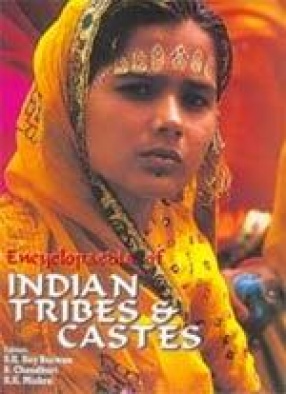
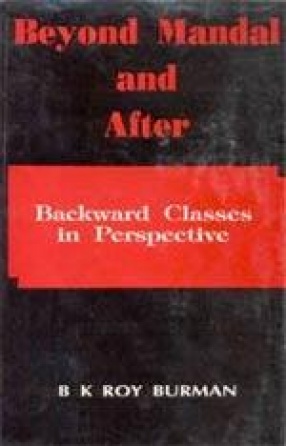
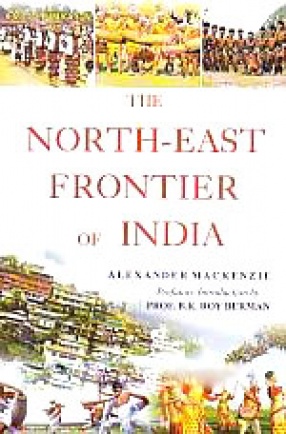

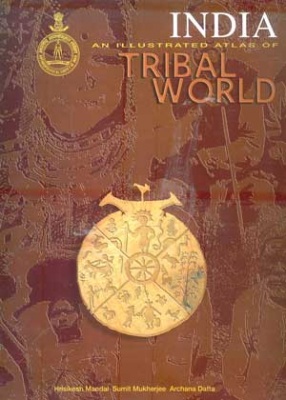
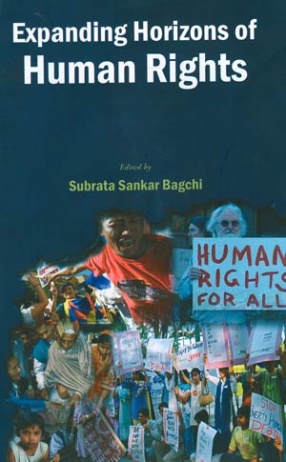
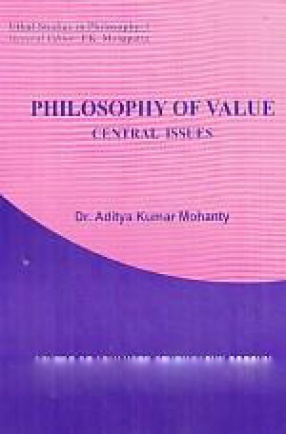

Bibliographic information